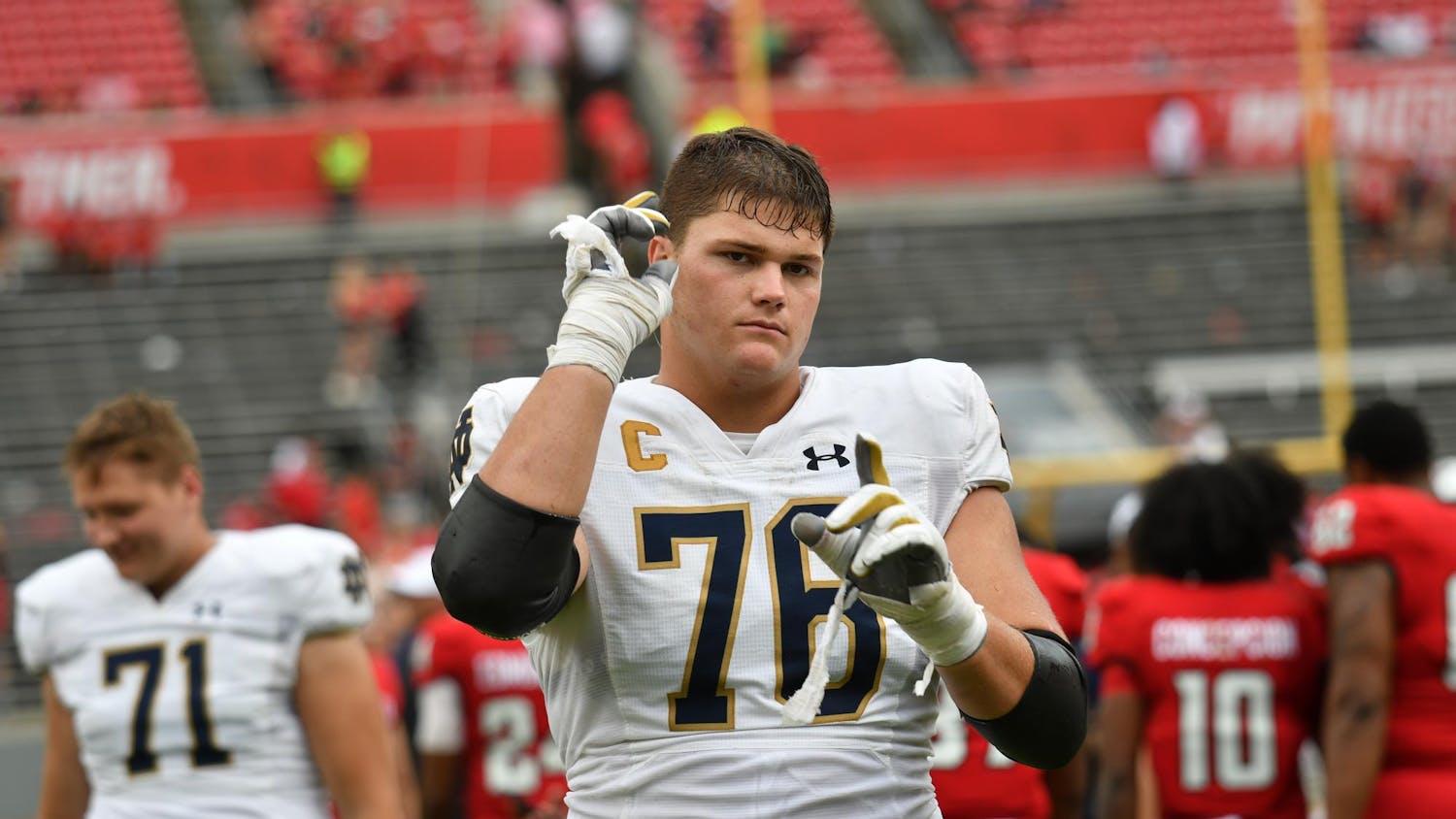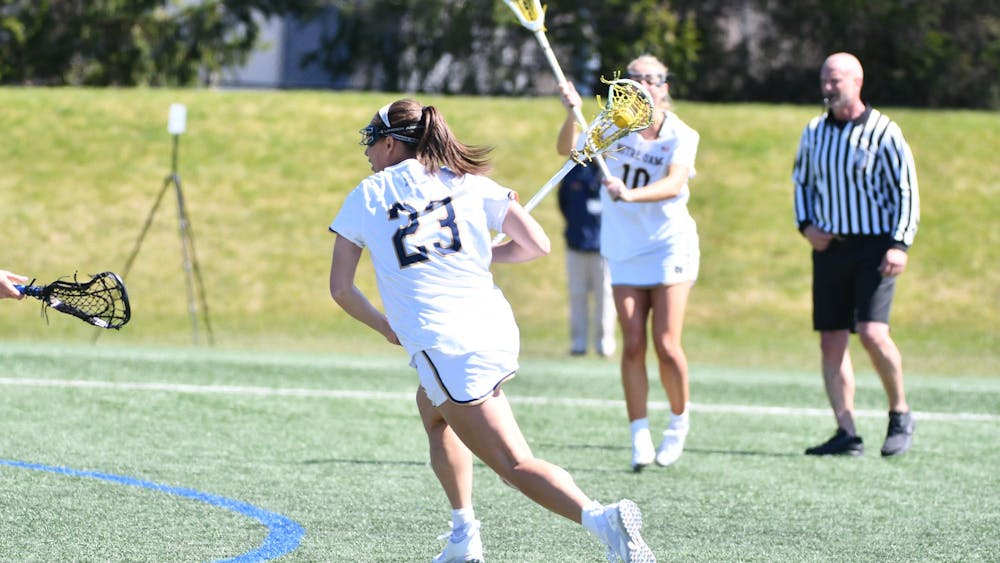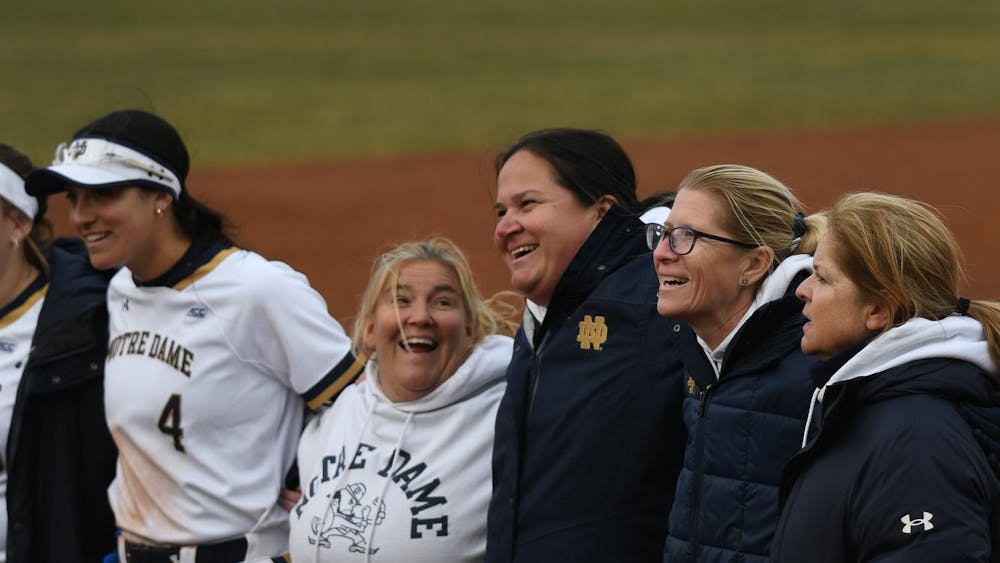One of the stars of college basketball you probably haven’t heard of is Rob Gray of Houston.
Last year, Gray averaged 20.5 points per game to lead the American Athletic Conference along with a 38 percent clip from 3-point range.
But when Houston took the court against McNeese State to open its season this past Friday, Gray wasn’t able to play because he played in a church co-rec league over the summer.
And not because Gray got injured while playing in his church league. But because his participation in his church league violated NCAA regulations and landed him a one-game ban.
Because according to the NCAA, basketball athletes are only allowed to participate in one summer league that is officially sanctioned by the NCAA.
Now, I recognize that with any institution as large and with as many rules as the NCAA, not all of those rules will be winners. And I understand the logic behind the rule — which is to keep college athletes out of situations where they could be getting paid to play.
But in a landscape where athletes at North Carolina took paper classes in a systematic defrauding of the academic system and where a certain school in Louisville hired strippers to entice prospective recruits, playing in a church co-rec league doesn’t seem like the type of thing the NCAA should be concerned with.
Oh sorry, I forgot to mention the whole “national shoe brands paying players to go to schools affiliated with their brands” thing. That’s another thing the NCAA should probably be more focused on than Gray playing in a church league.
Let’s look at Gray’s situation. He decides to play in a co-rec league run by a church. There’s no payment that we know of, no TV deals at stake, no monetization of any kind. The only people feeling hurt should be the people who signed up for the league, not knowing they would be up against a first-team All-American Conference athlete.
Yet the NCAA felt the need to punish a kid for doing nothing wrong. I mean, does every pickup game Division I athletes play have to be NCAA-sanctioned?
The NCAA hands Gray a one-game suspension, but they don’t hand a single suspension or penalty to North Carolina — who the NCAA determined did allow athletes to cheat. That’s simply astounding.
In a previous column, I wrote that the NCAA should be abolished and a new governing body for college sports put in its place. And rulings like this, that are equally tyrannical and petty, will only drive more and more people to that conclusion.
Because it isn’t justice that a great player sits out a game for playing a church league while players who systematically cheat on classes or get paid to play aren’t even punished.
It doesn’t promote amateurism — whatever that actually means — and it doesn’t ensure a better product on the field and in the classroom. It downright isn’t fair.
Is it so hard to penalize players and schools who do something wrong and not penalize the ones who don’t? It doesn’t seem like it should be, but for the NCAA, it seems like it’s near impossible.













